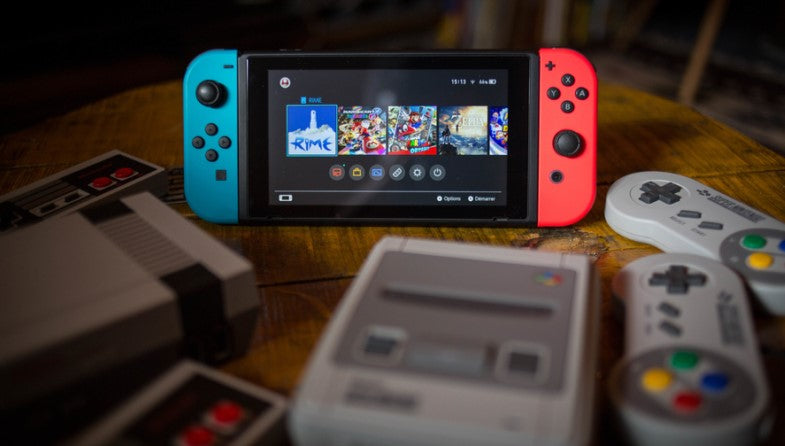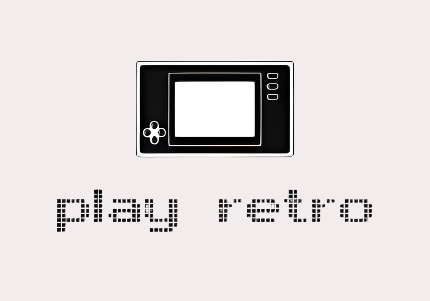
What Are Game Emulators and How Do They Work?
Share
Game emulators are powerful software applications that allow modern devices to mimic the functionality of classic gaming consoles. By replicating the original hardware's architecture, emulators enable users to play retro games on devices such as PCs, smartphones, and custom handheld consoles. These applications have become a favorite among retro gaming enthusiasts, offering a way to preserve and play older titles that are no longer available on current consoles.
How Game Emulators Work
At the core, game emulators simulate the hardware components of a console, including the CPU, GPU, memory, and audio systems. Emulators translate the code originally meant for specific consoles into a format that modern hardware can process. This allows retro game ROMs (digital copies of game cartridges or discs) to run seamlessly on devices that were never designed for them.
Most emulators also include additional features that enhance the gaming experience, such as:
- Save States: You can save your game at any moment and load it from that exact point later.
- Graphics Filters and Scaling: Some emulators offer enhanced resolutions and smoothing filters, making older games look crisper and more polished on modern screens.
- Controller Support: Use modern or original controllers with emulator mapping, allowing for a flexible gameplay experience.
Types of Game Emulators
There are two main categories of emulators:
- Single-Console Emulators: These are designed to emulate one specific gaming console.
- Multi-Console Emulators: Programs like RetroArch support multiple consoles in one software, offering gamers the convenience of accessing various platforms in one place.

Benefits of Using Game Emulators
Emulators offer a wide range of advantages, including:
- Nostalgia and Preservation: They allow gamers to revisit beloved titles that might otherwise be inaccessible due to aging hardware or rare, out-of-print games.
- Cost-Effective Gaming: Retro consoles and games are often expensive, but emulators allow you to experience them for free or at minimal cost.
- Custom Enhancements: You can add features to games like improved graphics, controller support, and even cheats, offering a modernized gameplay experience.
- Convenience: Instead of owning multiple consoles, you can run games from various platforms all on one device.
The Legality of Game Emulators
Emulators themselves are typically legal, but the legality of using game ROMs is a grey area. If you own the original game, it may be legal to create your own ROM for personal use. However, downloading ROMs for games you do not own can infringe on copyright laws. Always ensure you are using emulators and ROMs in a way that complies with local laws.
Emulators and the Retro Gaming Community
Game emulators have significantly impacted the retro gaming community. They not only help preserve gaming history but also make it accessible to a wider audience. Many gamers who missed out on older consoles can now experience the classics, contributing to a growing nostalgia for 8-bit, 16-bit, and early 3D games. Moreover, the modding community frequently uses emulators to create "ROM hacks," fan-made modifications of classic games that introduce new levels, characters, or mechanics, breathing new life into old favorites.
In Conclusion
Game emulators are more than just tools for playing old games—they represent an intersection of technology, nostalgia, and preservation. Whether you want to revisit your childhood favorites or discover classic titles for the first time, emulators offer a convenient and versatile way to enjoy retro gaming. With the rise of emulation, the games of the past continue to thrive, allowing future generations to experience the golden age of gaming.
